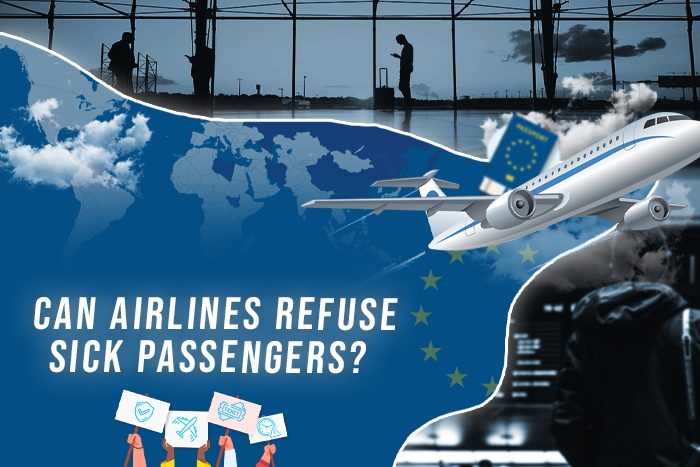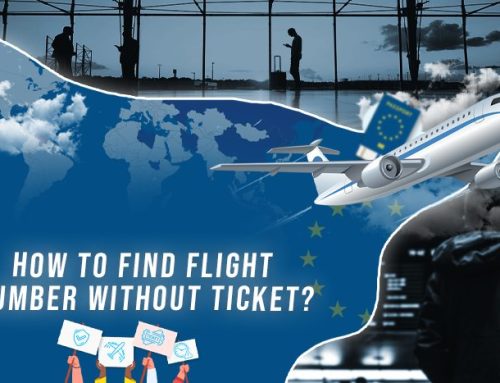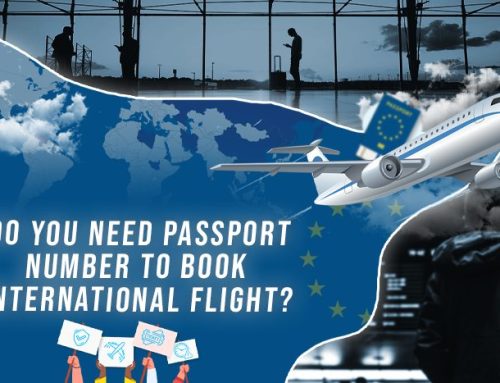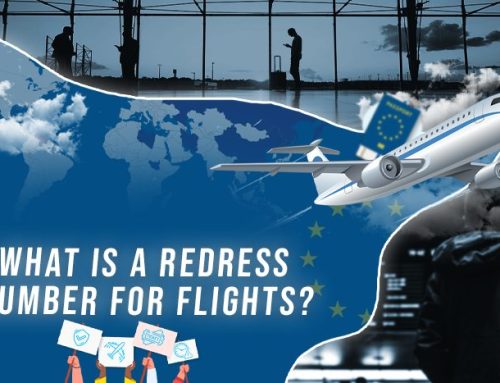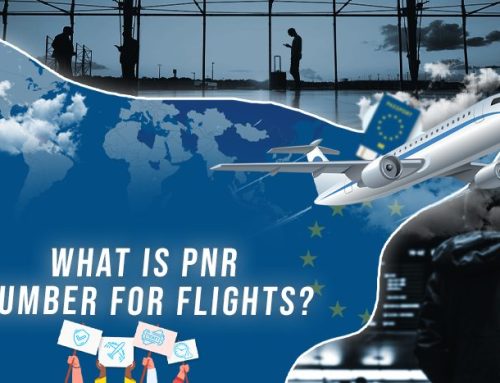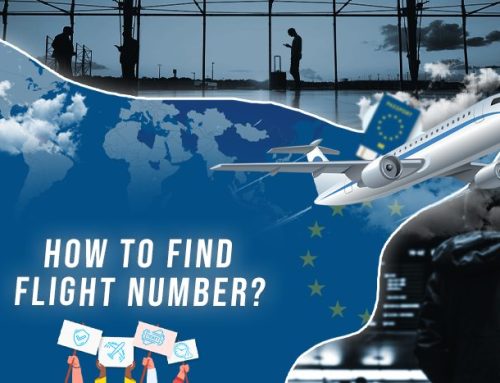In a post-pandemic world, many airlines are leveraging rules in their terms and conditions that have long been forgotten. If you’re not feeling well, airlines have the right to refuse service, especially if you are visibly sick.
This also applies if you test negative for COVID-19 and are fully vaccinated, as airlines want to protect their staff and other passengers. An airline is well within their rights to refuse service if they deem that you’re not fit to travel, require medical intervention, or present an overall danger to other passengers and the crew.
Here’s all you need to know about why you could be refused service if you’re sick.
Key Takeaways
- Airlines have the right to refuse service to passengers who are visibly sick or pose a danger to other passengers and crew.
- Passengers with chronic illnesses should consider obtaining a medical card to prevent being denied service.
- Passengers should prioritize their health and cancel their flight if they are feeling ill or have a serious medical condition.
Why You Could Be Refused Service?
Airlines have to protect the safety and well-being of their staff and passengers, so if you are feeling sick, it may be easier for them to deny service than worry about issues that could occur in flight.
If you’re found to have a severe, uncontrolled, or contagious disease, the airline could be forced to make an unplanned landing and force everyone on the plane to go into quarantine – the length of which would depend on the severity of the illness. At the height of COVID-19, many passengers were required to isolate for 14 days after landing to help stop the spread. This is both costly and inconvenient, and many airlines will do what they can to avoid this situation.
If you have a chronic illness, you may want to consider getting a medical card to prevent any issues at the gate. This proof of medical clearance will come in handy if you are regularly refused service due to illnesses. Just make sure that you have any medication or medical devices that you may need to use in the case of an emergency.
When To Cancel Your Trip?
It can be disappointing, but if you’re feeling ill, your first priority should be getting better, and that includes making the difficult decision to cancel your flight before you’re denied boarding. While each person needs to make the decision that’s best for them, here are some common scenarios the Centers for Disease Control and Prevention recommend avoiding travel during.
- Recent trauma to the head, eyes, or stomach.
- If you have a baby less than two days old.
- If you’re in your third trimester of pregnancy (36 for singles, 32 for multiples). Your doctor may be able to provide you with a note should you need to travel during this time.
- You’ve had recent surgery, including blain, stomach, eye, or orthopedic.
- You’ve had a recent stroke or heart attack.
These are serious, diagnosed issues, but you should also avoid flying if something just feels off when you’re supposed to get on the plane. This could include:
- Chest and head pain and overall weakness.
- Fevers and rashes, including jaundice.
- Ear, sinus, or nose infections.
- Severe chronic respiratory illnesses, including a collapsed lung, persistent, severe coughing, difficulty breathing or shortness of breath, and more.
- Sickle cell anemia.
- Brain swelling due to infection, injury, or bleeding.
- Easily transmissible infectious diseases.
- Persistent diarrhea and vomiting.
As you consider canceling your flight, you need to make the decision that’s best for you. Just know that you could still be denied service.
So Can You Be Refused Service?
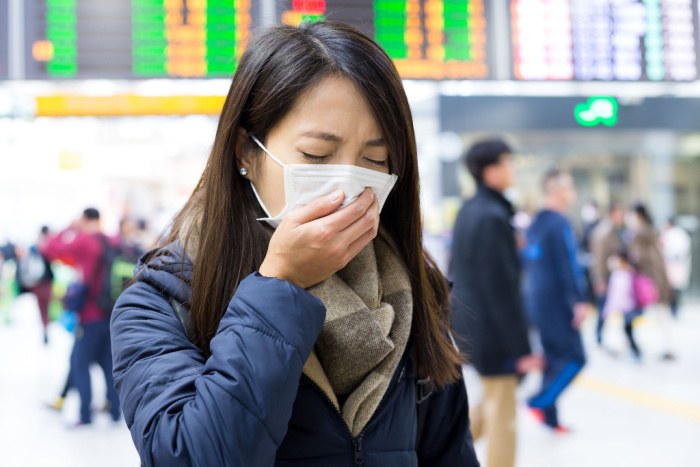
Yes, airlines can refuse your service if you are ill. They have the right to deny boarding if they feel that you pose a danger to other passengers or the crew.
If you are not sick and you are denied boarding, this is likely because the flight was overbooked. If this is the case, depending on where you’re flying, you could be eligible for compensation under EC 261, Brazilian ANAC 400, and other regulations that hold airlines accountable.
Frequently Asked Questions
-
Can airlines refuse service to passengers who are visibly sick?
Yes, airlines have the right to refuse service to passengers who are visibly sick or pose a danger to other passengers and crew.
-
Can airlines refuse service to passengers who have a chronic illness?
Airlines can refuse service to passengers with chronic illnesses if they deem them unfit to travel. However, passengers with chronic illnesses should consider obtaining a medical card to prevent being denied service.
-
What should I do if I’m feeling sick before my flight?
If you’re feeling sick before your flight, you should prioritize your health and cancel your flight. Airlines may refuse service if they believe you pose a danger to other passengers and crew.
-
What medical conditions should I avoid traveling with?
The Centers for Disease Control and Prevention recommend avoiding travel if you have recently experienced trauma to the head, eyes, or stomach; have a baby less than two days old; are in your third trimester of pregnancy; have had recent surgery; have had a recent stroke or heart attack; or have other serious diagnosed issues.
-
What should I do if I am denied boarding due to illness?
If you are denied boarding due to illness, you should contact the airline’s customer service department or seek legal advice, depending on the circumstances.
-
How can I protect myself and others when traveling during a pandemic?
Passengers can protect themselves and others during a pandemic by wearing masks, practicing social distancing, washing hands frequently, and following other guidelines recommended by health authorities.
